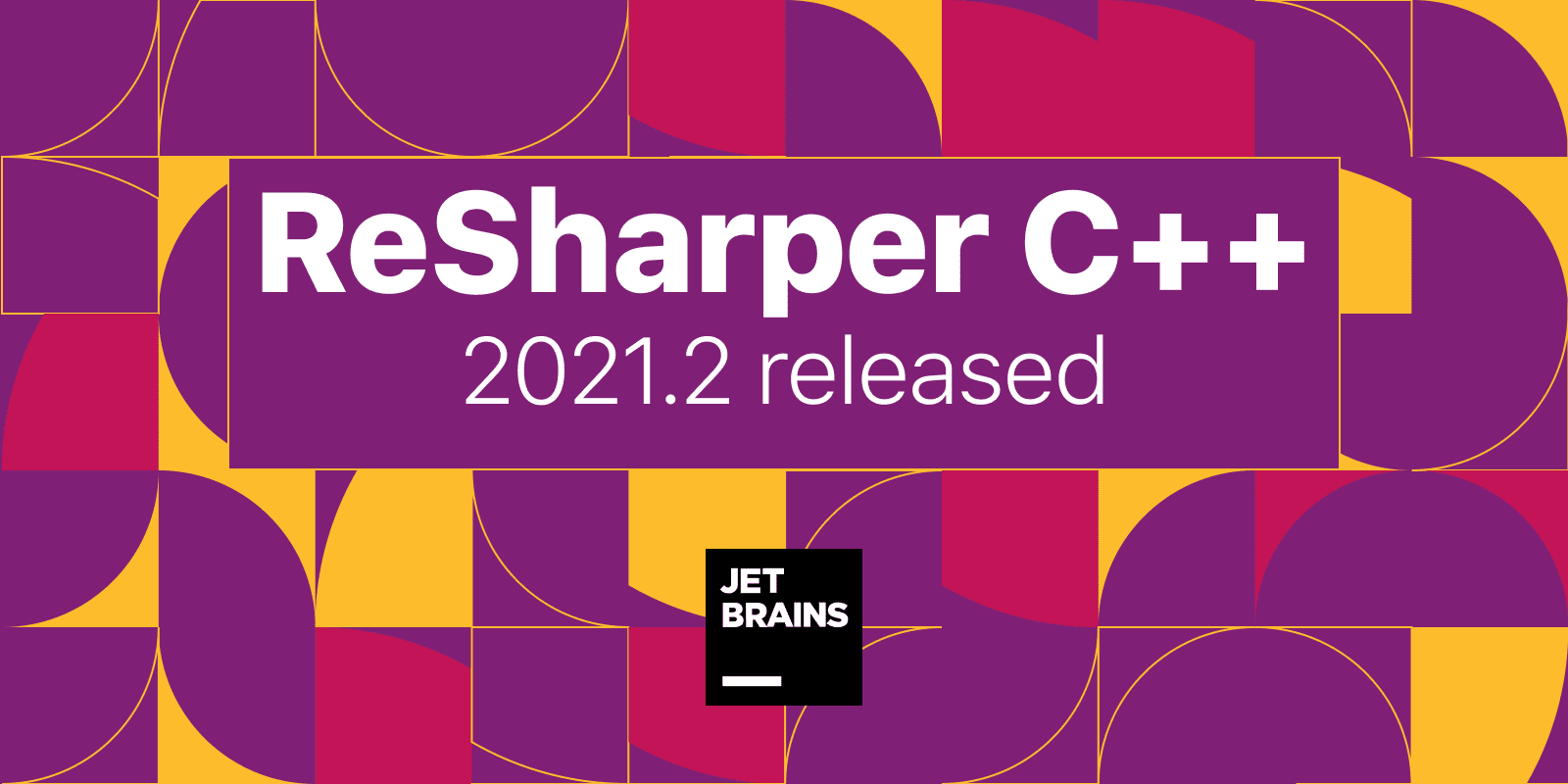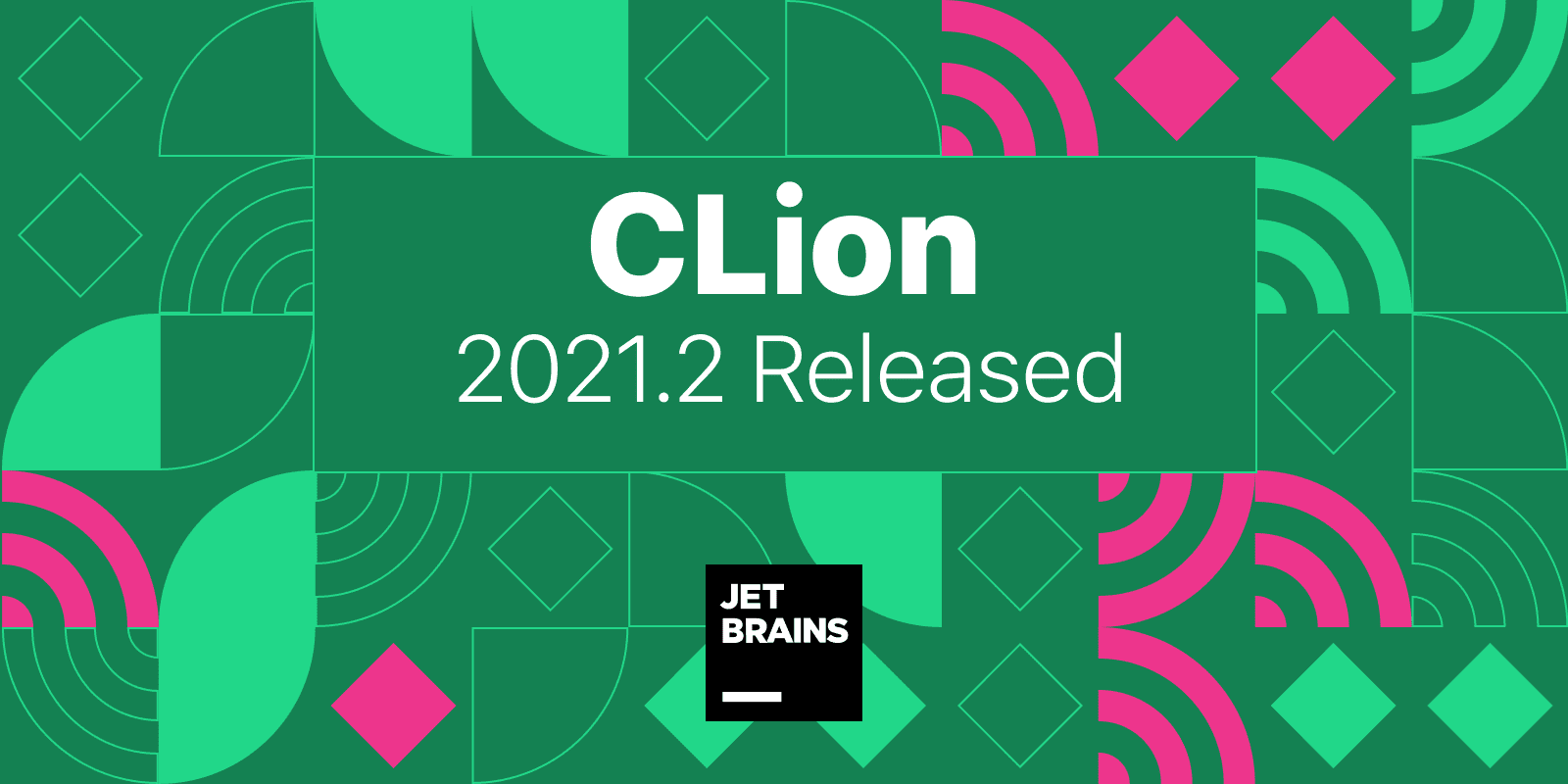ReSharper C++ 2021.2 brings type conversion hints, immutability inspections, ... -- Elvira Mustafina
ReSharper C++ 2021.2 is released!

ReSharper C++ 2021.2: Type Conversion Hints, Immutability Inspections, Inline Function
by Elvira Mustafina
From the article:
ReSharper C++ 2021.2 is now available for download! It brings new inlay hints to help you spot implicit type conversions, the Inline Function refactoring, and updates to Unreal Engine support. New modernizing inspections assist you with updating your code to modern C++, and improved immutability analyses keep your code more readable and correct.
- New inlay hints that show implicit type conversions.
- Inline Function refactoring.
- Immutability inspections (and now Constants and immutability section of the C++ Core Guidelines is fully covered!).
- More inspections to help you modernize your code.
- Support for Unreal Engine 5 and other enhancements for game developers on UE.
- cppreference.com links in the Quick Documentation pop-ups.
- The bundled Clang-Tidy has been updated to Clang 12, adding new checks from the latest LLVM release.


